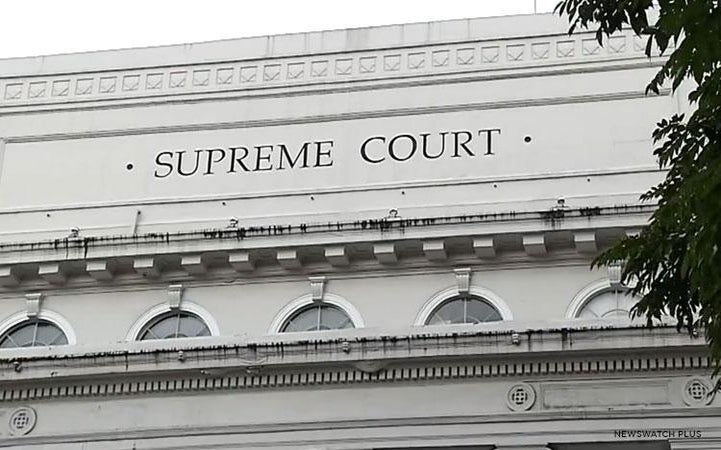₱20/kilo rice to return after elections — Marcos
Metro Manila, Philippines - President Ferdinand Marcos Jr. assured the public that the pilot rollout of the government’s ₱20-per-kilo rice program will resume immediately after the May 12 elections, following a temporary halt ordered by the Commission on Elections (Comelec).
Speaking during the Alyansa Para sa Bagong Pilipinas miting de avance on Friday, Marcos explained that the program was suspended in compliance with Comelec’s guidelines prohibiting aid distribution 10 days before the elections.
“Ngunit pagkatapos ng eleksyon, dahil pinagbawal po kami na ilabas po itong programa na ito dahil po baka gamitin sa kampanya. Kaya’t ang ginawa namin ay pinaubaya muna namin sa Comelec ‘yung kanilang desisyon,” Marcos said.
[Translation: But after the elections, since we were prohibited from rolling out this program as it might be used for campaigning, we respected Comelec’s decision.]
The president added that the rice initiative will be relaunched on Tuesday, May 13, targeting beneficiaries of the Pantawid Pamilyang Pilipino Program (4Ps), senior citizens, persons with disabilities, and solo parents.
“At sa Martes, pagkatapos ng halalan, sisimulan na po natin. Magbibigay tayo ng bigas na ₱20 kada kilo sa piling KADIWA sites… Sa tulong ng mga LGUs, uumpisahan po natin sa Visayas ito at ikakalat po natin ito sa buong Pilipinas,” he said.
[Translation: On Tuesday, after the elections, we will begin distributing ₱20-per-kilo rice at select KADIWA sites… With the help of LGUs, we will start in the Visayas and eventually expand the program nationwide.]
Comelec earlier advised the Department of Agriculture (DA) to pause the rollout to ensure it would not be misused for campaign purposes.
Comelec Chairman George Erwin Garcia emphasized that while they support social assistance programs, the law mandates that state resources should not be used to promote political candidates.
The DA had launched the pilot of the ₱20/kilo rice program in Cebu before the ayuda ban took effect on May 2.
Although Comelec had granted an exemption from the 45-day election spending ban, it required strict compliance with additional guidelines—including separate certificates of exemption for participating LGUs and open access for media and civil society during implementation.
Under the Omnibus Election Code, violations of election-related prohibitions are considered offenses and may result in penalties, including imprisonment.





